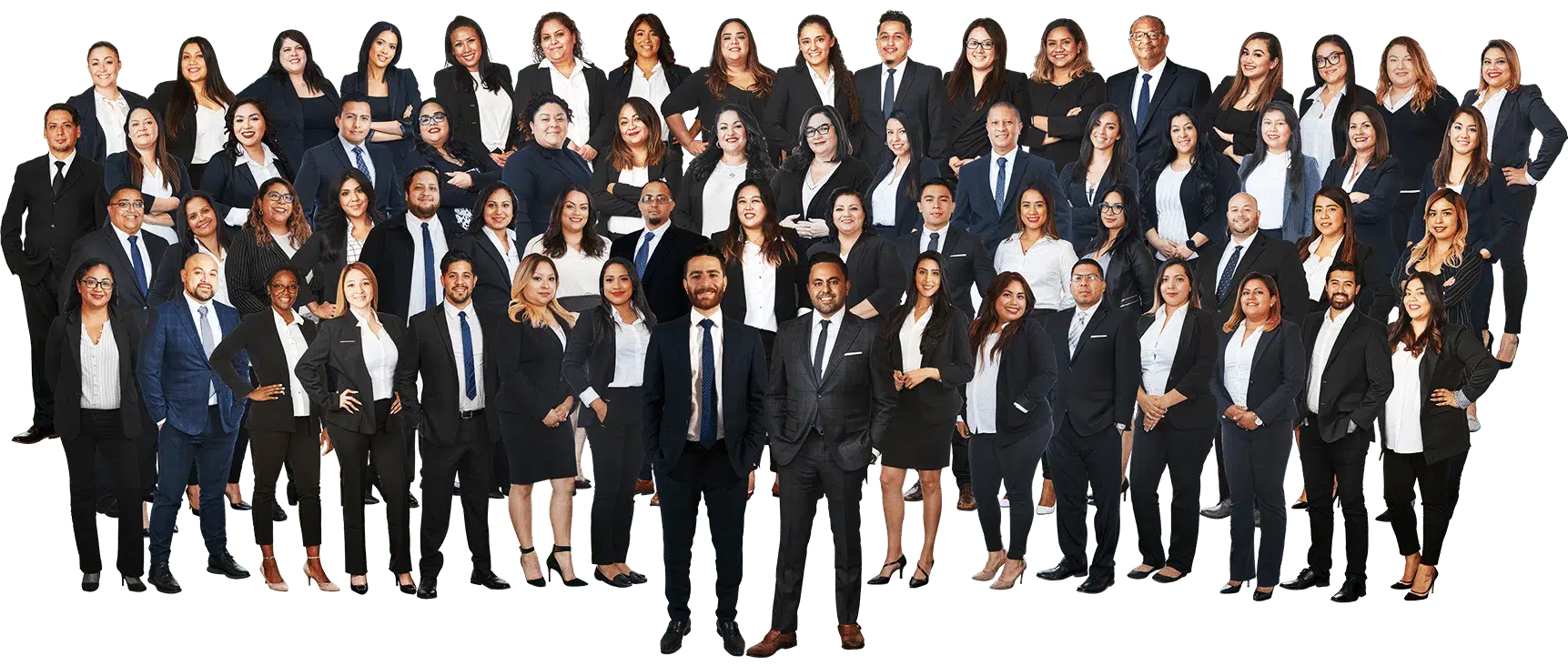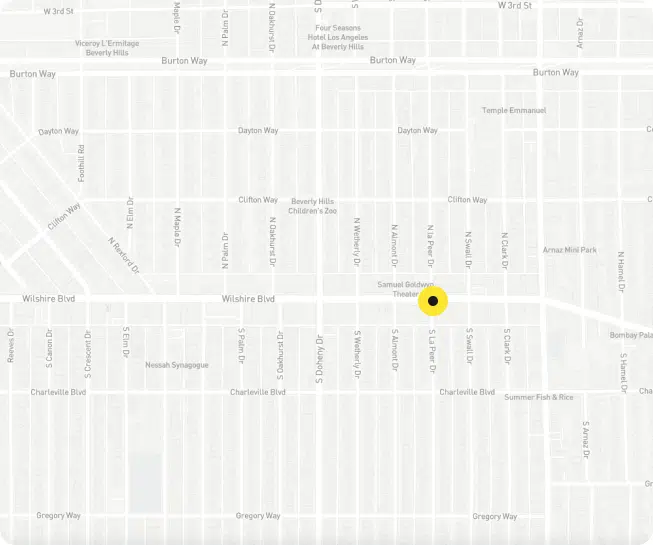

Determining whether your car or truck qualifies under Lemon Law involves assessing several key factors. Here’s a simplified guide to help you understand if your vehicle might be considered a “lemon”
If your situation aligns with the above criteria, your vehicle might qualify for Lemon Law protection. It’s advisable to review the specific Lemon Law stipulations in your state, as they can vary
We evaluate your claim, contact the manufacturer, and negotiate a favorable settlement for you.
We’ll squeeze every last cent from your car’s manufacturer.
Navigating a Lemon Law case doesn’t have to mean a lengthy ordeal. The timeline can vary significantly based on several factors.
Ultimately, while some cases conclude quickly, others may take several months to resolve. It’s best to discuss your specific situation with a legal professional to get a more precise estimate.

The Tanner Consumer Protection Act applies to many different types of vehicles. Motorcycles, boats, and recreational vehicles are all covered by this law. New and used vehicles can both qualify as lemons, provided the repairs occurred within the qualifying period of eighteen months from delivery and within 18,000 miles on the odometer.
The lemon law can also cover leased vehicles, as long as the lease was made with a warranty. Damages are calculated a little differently in lease cases than purchase cases. In a purchase case, you could be entitled to a refund of your down payment, finance charges, or other payments made toward the lemon.
In a lease, you may be entitled to the refund of your lease origination fee or any lease payments made while the car was being repaired. There could be offsets for the miles that you put on the vehicle when it was in service. Whether you bought or leased, whether the vehicle was new or used, and regardless of the type of vehicle you have, California’s lemon law is in place to protect you.
What Does the Lemon Law Cover?
Your car or truck is specifically covered if you purchased it new or leased it from a California dealer. If an authorized repair facility cannot repair your vehicle after a reasonable number of attempts—each potentially involving different components—under the new car warranty or Certified Pre-Owned (CPO) warranty, the auto manufacturer must replace or repurchase your vehicle. This is contingent on the defects in your vehicle having substantially impaired the use, value, or safety of your vehicle.
The experienced consumer protection lawyers can help explain what damages you are entitled to in your particular lemon case. With these protections, you can feel confident that the law supports you in getting fair compensation when your vehicle doesn’t meet the standards promised.
Understanding whether the Lemon Law applies to business vehicles can be crucial for many business owners. The short answer is: yes, it does. However, there are specific criteria that must be met for a business vehicle to be eligible for protection under this law.
If these conditions are met, then the business vehicle in question can benefit from the protections offered under the Lemon Law, just like personal vehicles. This means that if your business vehicle has recurring issues that impact its usability, safety, or value—not resolved after a reasonable number of repair attempts—you might be entitled to remedies like refund or replacement.
he Tanner Consumer Protection Act is one of the strongest Lemon Laws in the United States. A manufacturer of a lemon can be required to replace your new vehicle with one that is not defective. It may also require the manufacturer to repurchase the vehicle from you (with deductions for the mileage that you put on the car).
In California, this repurchase process is known as a Lemon Law buyback. Here’s how it works: When a vehicle qualifies as a lemon—whether it’s new, leased, or Certified Pre-Owned—the automaker must reimburse you for the money spent on the vehicle. This reimbursement considers a mileage offset up to the first repair, as dictated by legal formulas.
Additionally, the manufacturer can be compelled to cover consequential damages. This includes costs like a rental car while your lemon was being repaired, as well as your attorney’s fees. It’s crucial to document all expenses incurred due to your vehicle’s defect.
These costs might encompass lost wages if you had to take time off work to handle your lemon issues, or fees for services like Uber and Lyft when your car was out of commission. You might even recover hotel costs if you were stranded due to a breakdown. If these expenses are linked to the manufacturer’s neglect, you could be reimbursed for these losses in your Lemon Law claim.
To ensure you receive the full value of a buyback offer, consider seeking a free evaluation from a legal expert. This step can provide peace of mind and help maximize your compensation.
The Tanner Consumer Protection Act provides for attorneys’ fees. This means that your attorney can be paid through your claim without accepting any money initially. Each case is different. The important thing is to be sure you at least consult with a lemon law attorney in Bay Area so that you understand your legal rights.
The experienced Lemon Law attorneys at The Lemon Pros offer free consultations. We can discuss your case with no obligation, and we require no upfront fees to discuss your case at a consultation. Do not be afraid to at least consult with a lawyer about your potential lemon law claim.
Finding a Lemon Law Attorney Near You
If you are searching for a Lemon Law attorney “near me,” you’re in luck. The Lemon Pros extend their services throughout the Bay Area and beyond, ensuring that you’re never too far from expert legal assistance. Whether you’re in Northern California or the bustling streets of Central California, help is just a phone call away.
To take the first step, simply reach out to us for a free evaluation. Our team is ready to assist you, and there’s no need to worry about upfront costs. We operate on a contingency fee basis, which means you can pursue your claim without financial stress.
Don’t let a potential lemon vehicle weigh you down. Contact us today and let us help you understand your rights and options.
Navigating a lemon law claim can be daunting. While the law doesn’t mandate hiring a lawyer, going up against automakers without one is like entering a battle unarmed. Automakers are equipped with teams of legal experts whose sole aim is to minimize payouts. To truly protect your rights, a seasoned attorney becomes essential.
In general, people with civil claims (like a lemon law case) recover more money when they have an attorney in Bay Area than when they handle their claims on their own. There are many reasons for this. First of all, an attorney knows how to prove your claim effectively. It can be challenging to know what evidence to present or how to overcome the other lawyer’s objections if you have never handled this particular type of claim before.
The experienced California Lemon Law attorneys at The Lemon Pros know how to present a persuasive case to a judge or jury. Second, an attorney knows all the different types of compensation to which you are legally entitled. You may not know that you are entitled to punitive damages. As we have seen, those can be significant, and you could miss out on thousands of dollars in compensation if you do not know how to prove that you qualify for these punitive damages.
Consider the hidden obstacles automakers might use to sidestep the law. These challenges require a legal strategist familiar with the industry’s tactics. A lawyer can effectively counter these hurdles, ensuring that your claim is presented flawlessly.
A lawyer will also help you consider all the many expenses that could be related to your lemon. You might not think of all your lost wages, rental car fees, Uber receipts, and other losses. A lawyer will help you gather evidence of all the financial losses you have suffered so that you do not miss out on any compensation you are owed.
Perhaps most importantly, a lemon lawyer will fight on your side. Auto manufacturers hire armies of lawyers to defend legitimate claims against them. If you do not have your own lawyer, you will have to deal with the power of a large company’s entire legal department on your own. It can be nearly impossible to defend your own legal rights in this situation.
The manufacturer’s lawyers are not on your side. They might say that you have a weak case, or that you aren’t entitled to very much compensation, or that you don’t have a case at all. These people are not on your side. In fact, they are actively working against you to pay as little as possible.
Only your own lawyer can give you the best advice about your legal rights. Your lawyer will also be able to stand up to the power of a large corporation with an extensive legal department. Doing this is the best way to ensure that your legal rights are protected.
In conclusion, while you might be tempted to handle your lemon law claim alone, remember: the stakes are high, and the opposition is formidable. Equip yourself with the best defense by hiring an attorney who knows the ins and outs of lemon law cases.
Over the past few decades, it has become common for auto manufacturers to include mandatory arbitration clauses in their purchase agreements and written warranties. Doing this means that the customer is contractually obligated to go through arbitration before he or she may file a claim in court. Some manufacturers try to use this process to discourage consumers from filing their valid legal claims.
The Tanner Consumer Protection Act is separate from your written purchase agreement or warranty. As a result, you have the right to file a lemon law claim under this act, regardless of what your written purchase agreement or warranty requires.
Arbitration can sometimes be a useful tool for resolving legal claims without the time and expense of litigation. It is up to you and your lawyer, however, to decide whether this is the right way to handle your particular lemon law claim. The auto manufacturer cannot force you to arbitrate a lemon law claim that is separate from your contractual rights in your purchase agreement or warranty.
Most standard vehicle warranties are longer than the eighteen-month, eighteen thousand mile requirements of the California Lemon Law. This means that you may be past the time to file a lemon law claim if your vehicle is also out of warranty. However: the Tanner Consumer Protect Act focuses on when the repairs were performed.
If your vehicle was still under the eighteen-month delivery window and under 18,000 miles at the time the repairs were performed, you could still be entitled to relief under the Lemon Law, even if these repairs did not fail until after your vehicle came out of the warranty window. Extended warranties and service plans are generally not covered by the lemon law because they cover repairs made after the lemon law window has closed.
As you can see, the timing of repairs is critical, and this can become complicated when your vehicle also has a warranty or extended warranty. Always consult with a lemon lawyer to be sure you understand how these timelines apply to your particular case. You should never assume your vehicle will not be covered without discussing your case with a lawyer. If you do, you could walk away from thousands of dollars in damages to which you are legally entitled.
When it comes to understanding what kinds of defects are covered under the Lemon Law, it’s crucial to know that it focuses on issues that significantly affect your vehicle’s utility, safety, or value. Here’s a breakdown of common defects encompassed by the law:
These examples illustrate the types of defects that are typically protected under the Lemon Law, providing rights to consumers for vehicles that fail to meet quality and performance standards.
The number of repair attempts needed before the Lemon Law comes into play isn’t fixed. Instead, the law looks at what’s considered a reasonable number of efforts to fix the issue you’re facing with your vehicle. In many cases, even just two repair attempts might be sufficient to deem your vehicle a lemon.
It’s important to note that the focus isn’t on a specific part or component but on the overall functioning of the vehicle. If these repair attempts don’t resolve the issue, and the problem significantly impairs the vehicle’s use, value, or safety, then your car could qualify as a lemon.
Under the Lemon Law, if your vehicle is determined to be a lemon, manufacturers like Ford, GM, or Toyota are typically required to either replace the lemon vehicle or refund your purchase
Phone: (855) 939-4836
FAX: (800) 123-4567
E-mail: info@thelemonpros.com


© Lemon Pros © 2025. All rights reserved.
Powered by GLP Marketing
